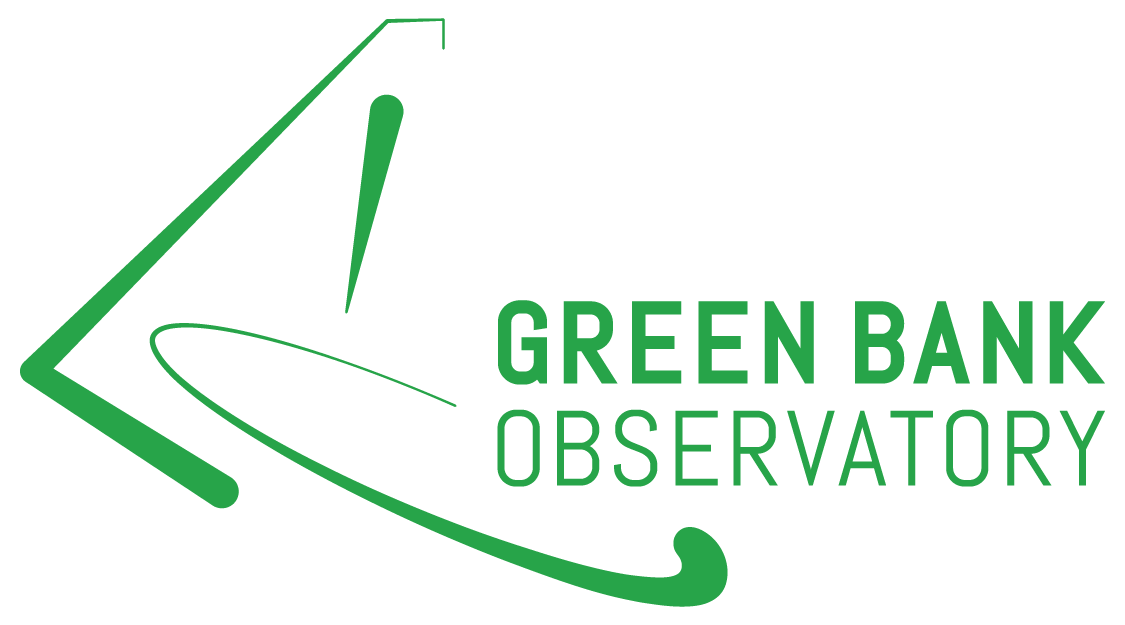The job listing no longer exists.
Search Jobs
Welcome to our Employment Opportunities Page
AUI, NRAO and GBO strongly believe that a diverse staff is critical for our mission to enable world-class science with cutting-edge radio facilities for the scientific community, to train the next generation of scientists and engineers and to foster a scientific literate society. We are committed to a diverse, equitable, and inclusive work place culture that welcomes and appreciates all individuals regardless of race, gender, gender identity/expression, age, ethnicity, ability, sexual orientation, socioeconomic status, religious affiliation, or national origin and culture or other social identities.
Explore All Employment OpportunitiesNational Radio Astronomy Observatory (NRAO)
Radio astronomy has profoundly broadened our understanding of our universe, enabling new discoveries, opening new celestial windows, revealing an otherwise invisible universe. Founded in 1956, the NRAO provides state-of-the-art radio telescope facilities for use by the international scientific community. In addition, NRAO provides both formal and informal programs in education and public outreach for teachers, students, the general public, and the media.
View all NRAO jobsSee Also: Administrative Crafts / Trades Customer Service Engineers, Technical Specialists and Technicians Other Research
Green Bank Observatory (GBO)
Nestled in the mountain ranges and farmland of West Virginia, the first trailblazers of American radio astronomy called Green Bank Observatory home over 60 years ago. Today, their legacy is alive and well. Within the National Quiet Zone, radio astronomers are listening to the remote whispers of the universe, in order to discover answers to our most astounding astronomical questions.
View all GBO jobsSee Also: Administrative Hospitality Human Resources
Associated Universities Inc.
At AUI we collaborate with the scientific community to plan, build, and operate cutting-edge facilities. We cultivate excellence, deliver value, enhance education, and engage the public. Our expertise focuses on continually improving research and development, user facilities, management and operations, technology incubation, and community engagement through workshop and conference planning.
View all AUI jobsSee Also: Research


